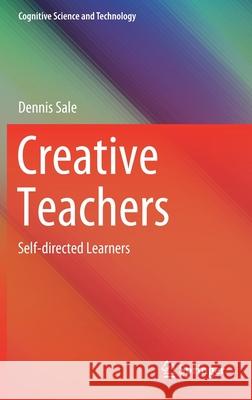Creative Teachers: Self-Directed Learners » książka
topmenu
Creative Teachers: Self-Directed Learners
ISBN-13: 9789811534683 / Angielski / Twarda / 2020 / 357 str.
Creative Teachers: Self-Directed Learners
ISBN-13: 9789811534683 / Angielski / Twarda / 2020 / 357 str.
cena 402,53
(netto: 383,36 VAT: 5%)
Najniższa cena z 30 dni: 385,52
(netto: 383,36 VAT: 5%)
Najniższa cena z 30 dni: 385,52
Termin realizacji zamówienia:
ok. 22 dni roboczych.
ok. 22 dni roboczych.
Darmowa dostawa!
Kategorie:
Kategorie BISAC:
Wydawca:
Springer
Seria wydawnicza:
Język:
Angielski
ISBN-13:
9789811534683
Rok wydania:
2020
Wydanie:
2020
Numer serii:
000478874
Ilość stron:
357
Waga:
0.70 kg
Wymiary:
23.39 x 15.6 x 2.24
Oprawa:
Twarda
Wolumenów:
01
Dodatkowe informacje:
Wydanie ilustrowane











